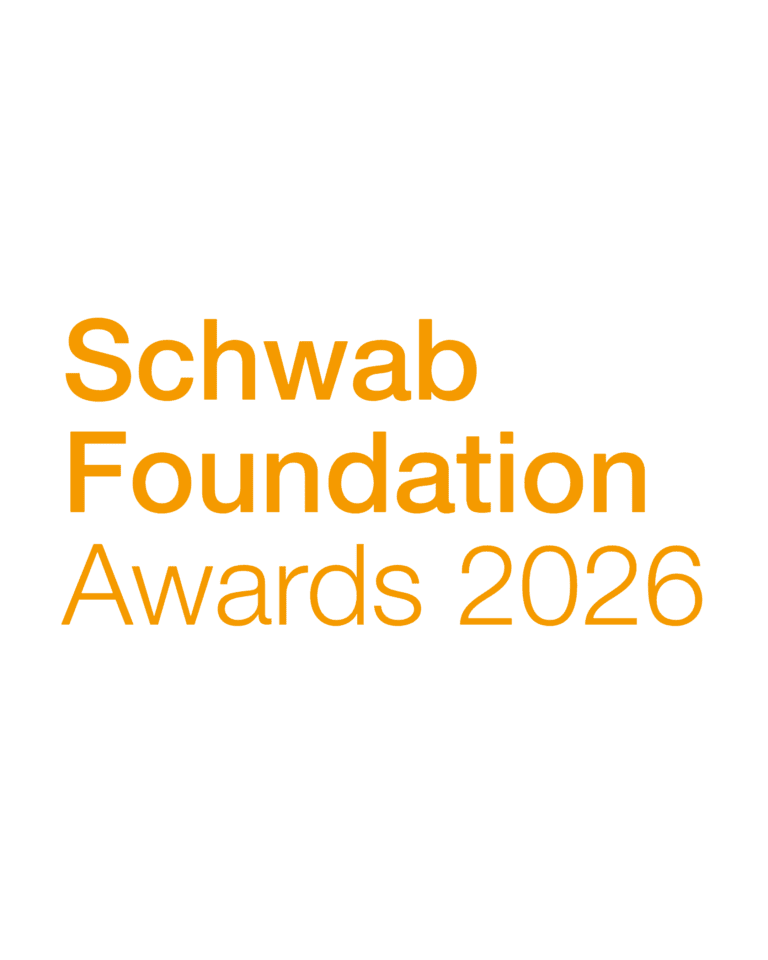Bailey was often the only Native student growing up in a mostly white school in Idaho. When she would bring tadpoles to school or talked about the lifecycle of salmon for her science project, offering smoked salmon that her dad caught for the kids to taste, other kids, especially the popular girls, would startle away, cringing. “Ew, that’s gross,” Bailey remembers them saying. And she took away a key message: What I care about is not what science is. I don’t belong here. And so, she says, “I hid that part of myself for a really long time.”
Bradley was so good in math that he was skipped ahead a year as a kid growing up in Pennsylvania. Regularly the only black child in those math classes, he remembers distinctively being asked at the start of each semester “if I was in the right room” — by fellow students, by teachers, or both. “I was isolated in a class with people who weren’t sure that I belonged.”
Dorianis loved all things learning as a kid. Before third grade, she moved to a new school in a predominantly white area in her hometown of Long Island, New York. After telling her she had done exceptionally well on her math evaluation, the counselor looked at her and asked if she “even spoke English.” Dorianis, fluent in English and Spanish, was taken aback. “It never occurred to me that by merely looking at me, someone could question whether I even speak the language of the country in which I was born and raised. At this moment I became aware that I was not in a place of comfort.”
Read the full article here



